#004 - Naufragare, actively.
There are words and concepts, in the world, that seem to be “universal”. Expressions and metaphors that, somehow, you can find across cultures and contexts apparently very far from one another.
I’m a language nerd, which means that – amongst other things – I enjoy finding those words to look closely at what they represent, how they might drive our unconscious behaviours and, especially, how they might hide the keys to discovering new ways to do things.
One of these concepts, to me, is the current.
We seem to hold a universal, very clear and almost physical knowledge of what the current is and what it feels like: a stream animated by a force flowing in a specific direction, which you can resist or follow.
This is the interesting part of looking at the current: we carry a shared knowledge of both what it is and what you can do with it: you can resist it and go against the current, or you can follow it, flow with it.
In the context of impact, entrepreneurship and change-making this is a key concept to look at.
Why?
👉 Because it enables us to shed light on some of our most powerful scripts and hidden beliefs about who we are, “the change-makers”, and how we believe we are meant to act in the world to make meaningful change happen.
So: going against the current, or flowing with it. What does a good change-maker do?
In entrepreneurship the predominant approach follows, of course, the hero’s journey story. This is a story that:
- glorifies free will as the fundamental power of mankind
- sees the current as the path that the “everyone else” is following
- identifies those who go against it as heroes, leaders that leave the masses to go and do meaningful things their own way.
In this story, change-making is done powering through things.
And we’re humans: we love binary thinking. So we often choose and defend this approach by judging the opposite story, also widely adopted (consciously or not).
The opposite story associates the current to fate, destiny or the will of a God or Goddess: this is not in my hands at all, I am meant to wait, because there’s someone else greater than me taking decisions, and the process will entirely take care of itself.
Either, or. Right?
We live in a very unique moment in history, when we are (finally?) confronted with the harm we generate by perpetuating both these two polarised attitudes: the “my way at all costs” VS “it will just take care of itself”.
When I find stuck, polarised stories like these, my go-to spell is: ok, what’s the third way?
What if we have both our free will, our boat and capacity to trace new trajectories across the ocean, and the current, meant to remind us there’s a whole system in motion around us, which has meaningful suggestions about where to go?
I believe that when we talk about impact, sustainability and the type of change-making that is meant to serve the collective, we must invite this perspective of non-separation and put it into practice.
But how?

A word came up for me: naufragare.
While in english it can be literally translated as “to wreck”, in latin poetry it’s also used to indicate the active decision to release control and enter a state of awake contemplation and inter-being with the whole.
It’s not a pushing-through, and it’s not a passive waiting. It’s the capacity to actively listen to the forces we belong to and are surrounded by, while still exercising our ability to choose which direction we want to aim for, individually and collectively.
Osho suggests: “Stay in the river, become the river; and the river is already going to the sea. This is the great teaching.”
Stay in the river. Become the river.
Actively choose to remember that you are a free agent and you also are not really “other” from the river.
So, what comes up for you? What is the other way to take action that the current is trying to show you?
~M



